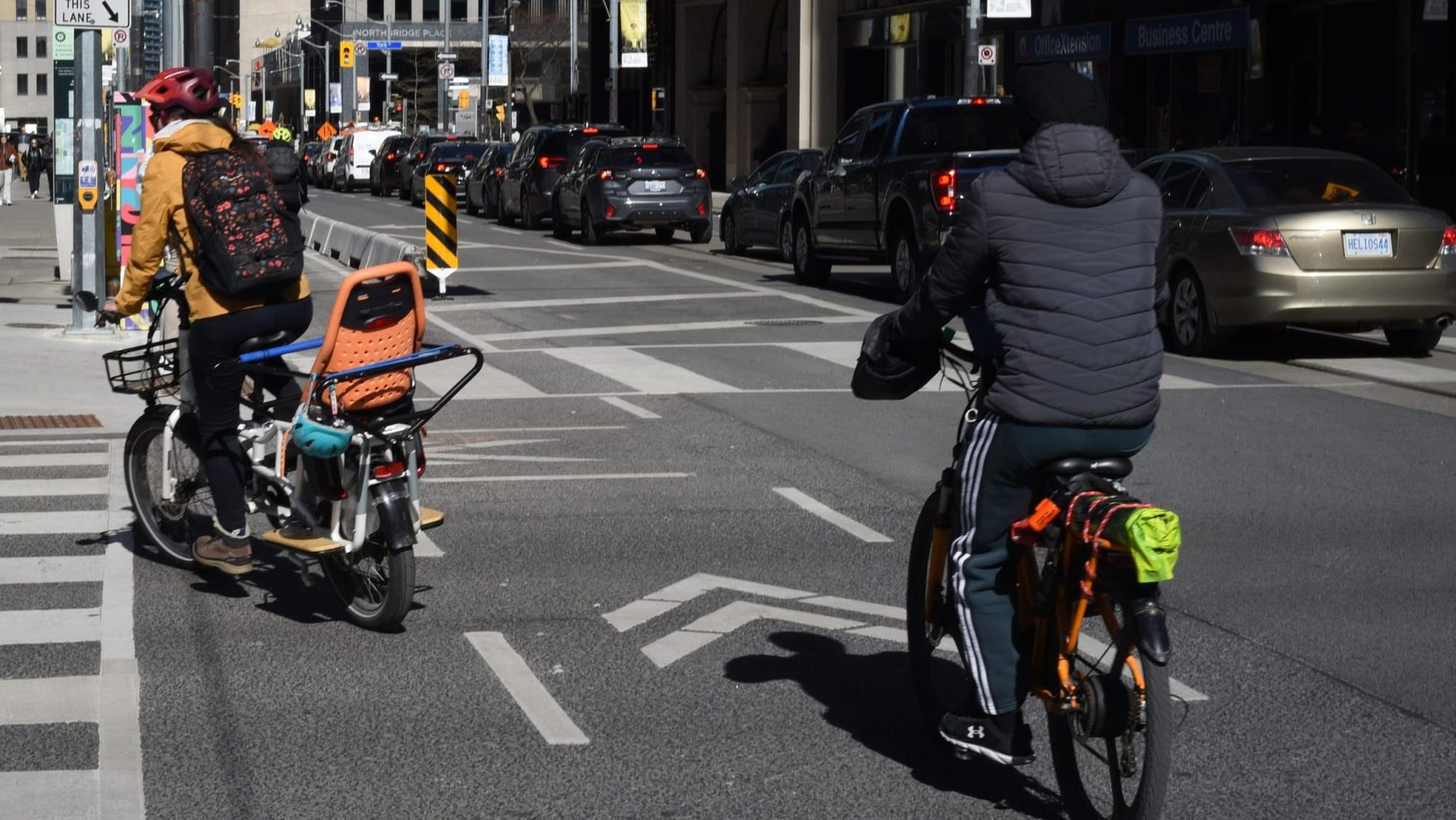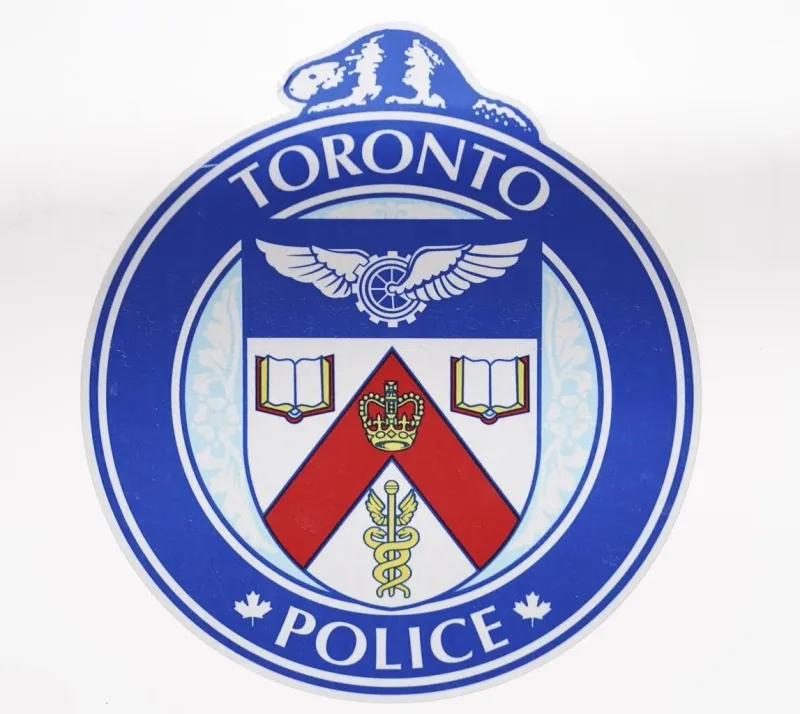Legislation restricting bike lanes on city streets is planned by Ontario
These are part of the city's Vision Zero plan, which aims to eliminate traffic-related deaths and injuries through better enforcement and infrastructure improvements.

The Ontario provincial government is reportedly preparing to introduce legislation that would restrict the development of new bike lanes on city streets, particularly those that replace existing vehicle lanes.
This comes amid growing traffic congestion in Toronto, especially with ongoing construction on the Gardiner Expressway.
Sources indicate that the legislation could be tabled as early as next month, although Ontario Transportation Minister Prabmeet Sarkaria has remained non-committal, stating that the government is continuously exploring ways to alleviate gridlock.
The expected legislation would likely spark tension with Toronto Mayor Olivia Chow, who has been a staunch advocate for expanding the city’s cycling infrastructure.
In June, Toronto’s city council approved the addition of 8.6 kilometers of new bike lanes, including a significant stretch along Bloor Street West, as part of a larger plan to install 75 kilometers of bikeways by the end of the year.
This follows the installation of 96 kilometers of new bikeways in Toronto between 2018 and 2022, with more expansion planned under the city’s Cycling Network 2025-2027 Implementation Program.
Cycling advocates have expressed concern over the potential restrictions, citing the need for increased safety measures on the streets. David Shellnutt, known as Toronto’s "Biking Lawyer," criticized the government's focus on limiting bike lanes while cyclist fatalities have been rising across Ontario.
He emphasized the importance of increasing penalties for reckless drivers and enhancing road safety measures, rather than restricting infrastructure that protects cyclists.
In response to cyclist fatalities and injuries, Toronto has already introduced several initiatives, including higher fines for illegal parking on bike lanes and doubling the number of speed enforcement cameras by 2026.
These are part of the city's Vision Zero plan, which aims to eliminate traffic-related deaths and injuries through better enforcement and infrastructure improvements.
The potential move by the provincial government could face pushback from both city officials and advocates who argue that expanding bike lanes is essential for urban mobility and safety, especially in a city where cycling has grown in popularity.





